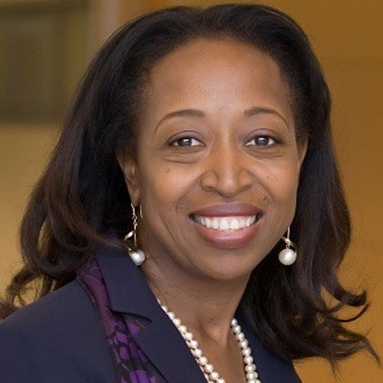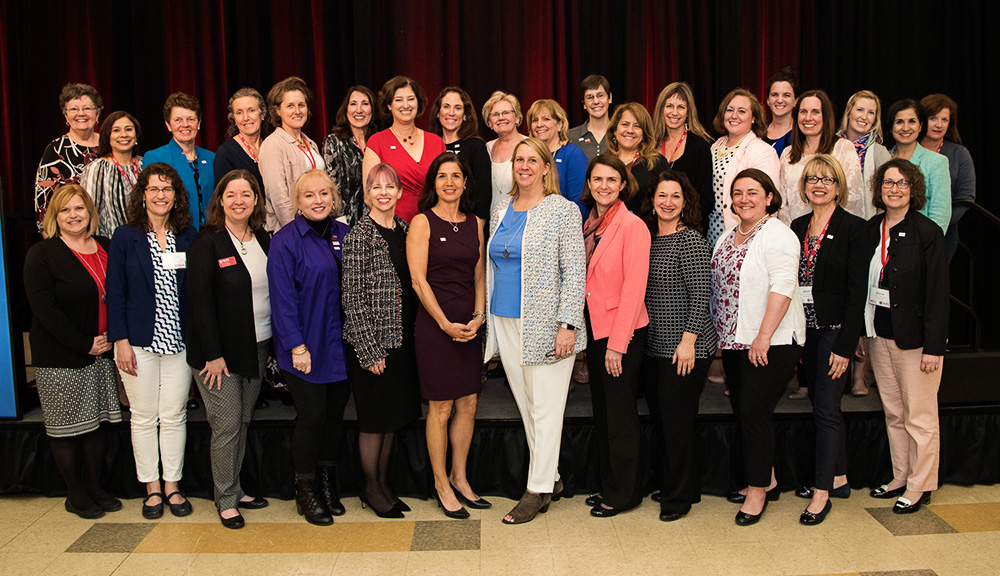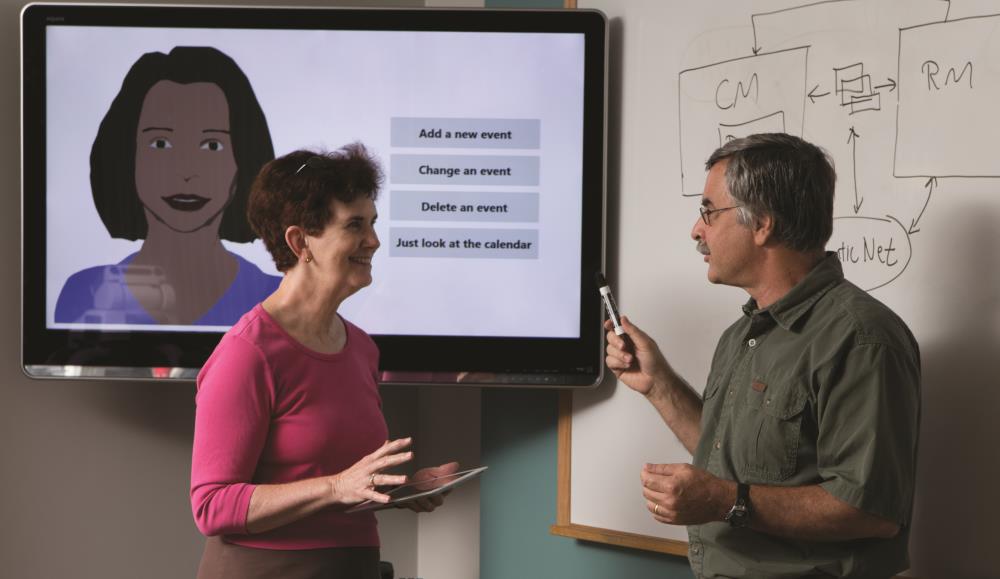Sophisticated and increasingly intertwined with daily life, artificial intelligence (AI) is a rapidly growing field whose ubiquity brings with it potential ethical pitfalls.
A branch of computer science, AI uses computers to make predictions and decisions to solve problems. Implicit biases of computer scientists, coders, and others who build AI platforms can influence algorithms in the technology, resulting in undetected or unintended discrimination. A new undergraduate program being launched at WPI with an external education partner seeks to explore AI’s human impact.
This B-Term, around 30 students will take part in the inaugural AI4ALL (Artificial Intelligence For All) College Pathways free online learning course. Computer science Professor Rodica Neamtu is overseeing the program’s rollout at WPI, and said the five-week, non-credit-bearing course encourages diversity and inclusion in the field by exploring the social, economic, and emotional impacts of artificial intelligence.
Funded by a grant from Melinda Gates’s Pivotal Ventures, AI4ALL is a nonprofit dedicated to increasing diversity and inclusion in AI education, research, development, and policy. The organization has similar partnerships with eight other universities across the U.S.





